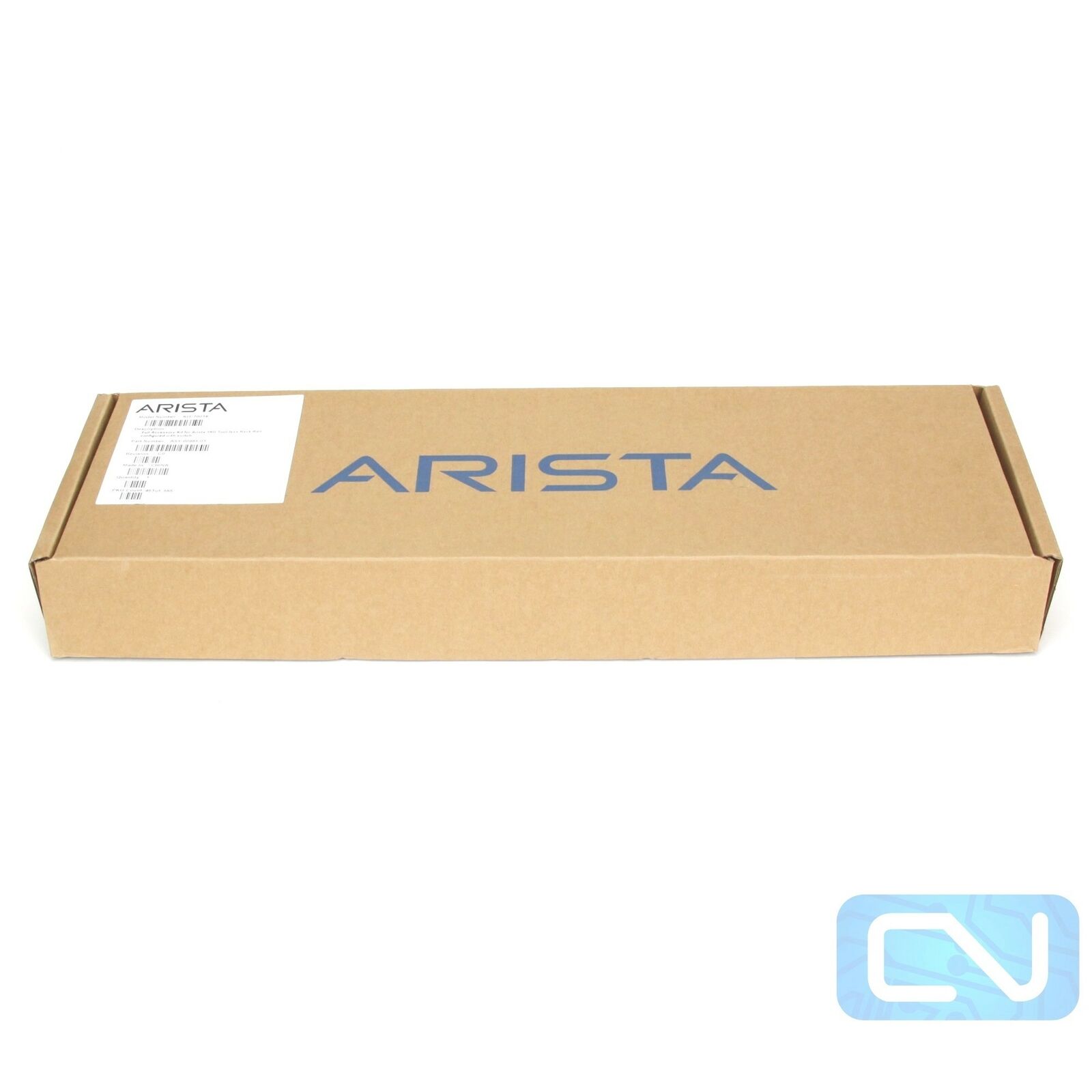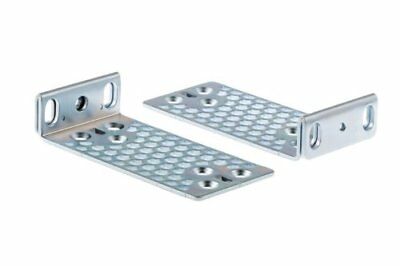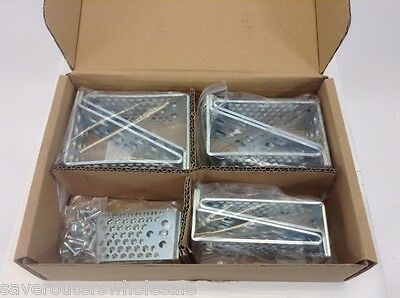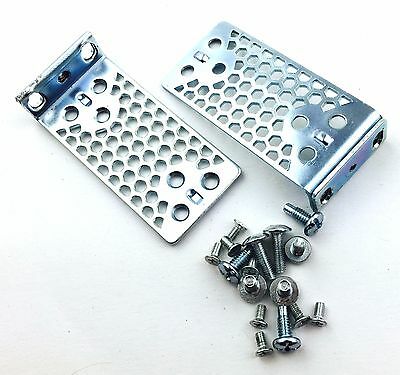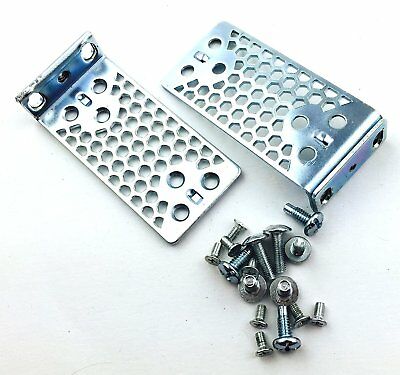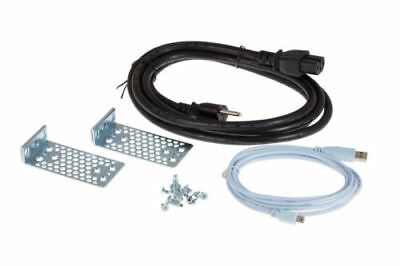-40%
Telebyte Superverter 285M
$ 26.4
- Description
- Size Guide
Description
Model 285 -RS-232 to RS-422/RS-485 Converter
Features
User Selectable RS-422 or RS-485
User Selectable 2 or 4 Wire RS-485
Intelligent Control Of RS-485 Transmitter And Receiver
TD & RD LED's
DTE/DCE Compatible
Data Rates Up to 64 KBPs
Product Description
The Model 285
RS-232 to RS-422/RS-485 Converter
is a unique interface converter that can be configured to operate in compliance with RS-485 or RS-422 equipment, and RS-232. When operating as RS-485 the Model 285 has an "intelligent" mode which provides control of the RS-485 line. When configured to operate as an RS-232 to RS-422 interface converter, the Model 285 converts full duplex data, TD and RD, between RS-232 and RS-422.
As an RS-232 to RS-485 converter the Model 285 can be configured as a 2 wire or a 4 wire converter. Since RS-485 is a half duplex protocol, the Model 285 can be configured to control its data flow in one of two ways. The first is via the use of RTS, pin 4, of the RS-232 port. In this case the RS-485 transmitter will turn ON when RTS is turned on. When RTS is OFF the Model 285 is in the receive mode. The second method of controlling the RS-485 transmitter is to turn it on when TD data is applied to the RS-232 port. The receiver also operates differently depending on whether the mode is 2 or 4 wire. In the 2 wire mode when no data is received by the RS-232 receiver the RS-485 receiver is switched ON. When data is detected for transmission the receiver is switched OFF. In the 4 wire mode the RS-485 receiver is constantly ON while the transmitter is switched as required.
The Model 285 is equipped with a five position dip switch that is used to select the following:
RS-422 mode - 4 wire
RS-485 mode - 2 wire
RS-485 mode - 4 wire
RS-485 mode - controlled by RT
SRS-485 mode - controlled by data
220 Ohm terminator
When operating in the 2 wire mode an optional 220 Ohm terminating resistor may be added. The Model 285 is equipped with a DTE/DCE switch to allow reversing pins 2 and 3 on the RS-232 interface. TD and RD LED's help verify operation.



